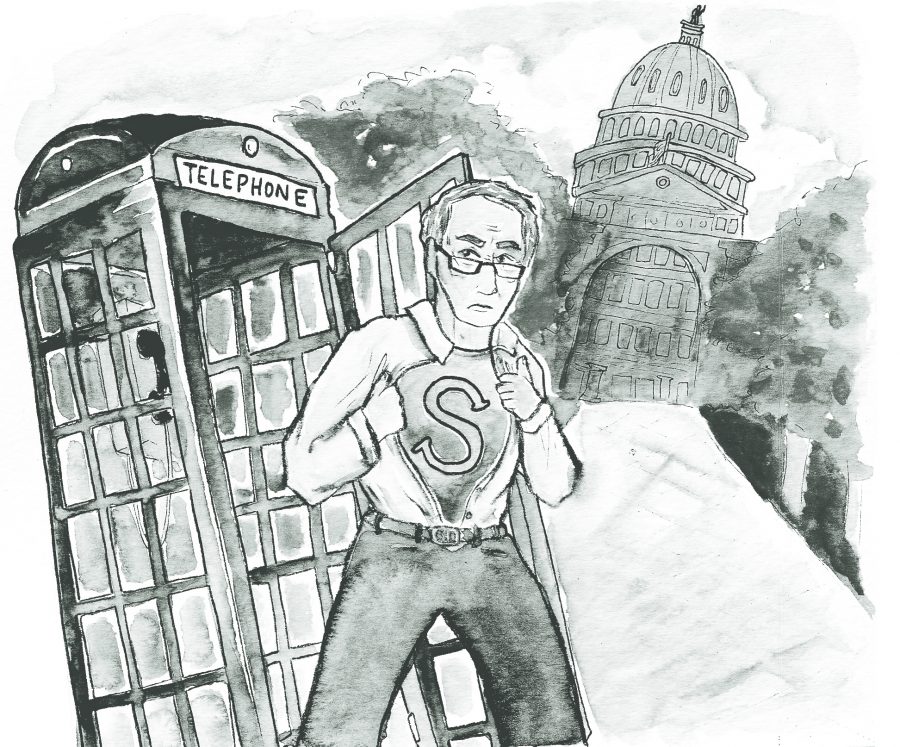Editor's note: This column appears in a point-counterpoint regarding the legitimacy of superdelegates in our political system. You can read the counterpoint here.
Following the culmination of a tumultuous election last week, Donald Trump is our president-elect and the Republicans have control of both the House and the Senate. But despite winning the Electoral College, Trump lost the popular vote by an expected margin of 1.5 percent. Republicans also lost the popular vote in the Senate. These losses hint that their nominee doesn’t resonate with those who have devoted their lives to politics and suggest the Republican Party needs reform before the next election cycle. This can begin with the addition of superdelegates.
When the Democratic Party first adopted primaries in 1968 it led to the nomination of a string of far left candidates who subsequently lost to their Republican opposition. To solve this problem the Democrats added superdelegates in 1982, which established a balance between what the primary voters wanted and what the party wanted, and allowed for the nomination of candidates with a better shot at being elected.
Historically superdelegates haven’t played a major role in determining the nominee, but rather have shifted with the public opinion to the stronger candidate. Such was the case with Obama in 2008 and Clinton in 2016, where she won 34 primaries compared to Sanders’ 23.
But in the 2016 Republican primaries, superdelegates would’ve made a difference in the outcome. Throughout the primaries candidates dropped out left and right due both to declining poll numbers and a lack of funds. At a certain point, if a candidate doesn’t have the poll numbers or the promise of a shift in numbers, continuing to run is financial suicide.
Had the promise of pledged superdelegates reflecting the party’s wants existed, candidates would have had a reason to stay in. The amount of money spent running a campaign would have been offset by the promise of hundreds of delegates echoing the popular opinion.
Superdelegates exist to promote the party’s wants alongside the people’s wants. They do so by balancing what type of candidate the people want with the type of candidate that can realistically win an election. And while this year Trump defied the odds and won, he didn’t win the popular vote and for much of the race didn’t seem like a viable contender against Clinton. The Republicans can’t afford another wild card candidate like Trump in 2020. To give themselves a shot at maintaining the White House past this election, they need to add superdelegates to their primaries so that the party can ensure their nominee isn’t a far-right shot in the dark.
Berdanier is a philosophy junior from Denver, Colorado. Follow her on Twitter @eberdanier.





















